Design/build vs. separate architect/designer and builder?
madtown_2006_gw
13 years ago
Featured Answer
Sort by:Oldest
Comments (28)
rlthomas7
13 years agoRelated Professionals
Bethpage Kitchen & Bathroom Designers · Chester Kitchen & Bathroom Remodelers · South Barrington Kitchen & Bathroom Remodelers · Weymouth Kitchen & Bathroom Remodelers · Aspen Hill Interior Designers & Decorators · Wareham Interior Designers & Decorators · Brighton General Contractors · Country Club Hills General Contractors · Evans General Contractors · Kyle General Contractors · Mashpee General Contractors · Tabernacle General Contractors · Texas City General Contractors · The Hammocks General Contractors · Titusville General Contractorsmadtown_2006_gw
13 years agosnoonyb
13 years agolyvia
13 years agowi-sailorgirl
13 years agokittenkat_2002
13 years agobill_g_web
13 years agorlthomas7
13 years agosomeone2010
13 years agomacv
13 years agoM. Olson Architectural
8 years agomillworkman
8 years agoM. Olson Architectural
8 years agobry911
8 years agolast modified: 8 years agoOaktown
8 years agolast modified: 8 years agobry911
8 years agolast modified: 8 years agoOaktown
8 years agolast modified: 8 years agobry911
8 years agolast modified: 8 years agovhcp
8 years agoKatrina Tate
8 years agorockybird
8 years agolast modified: 8 years agojj0747
8 years agoUser
8 years agolast modified: 8 years agojj0747
8 years agorockybird
8 years agojj0747
8 years agoUser
8 years ago
Related Stories

HOME OFFICESWorld of Design: 11 International Architects in Their Home Offices
Thinking about relocating your office to your home? From Sydney to Copenhagen, these architects share their insider knowledge
Full Story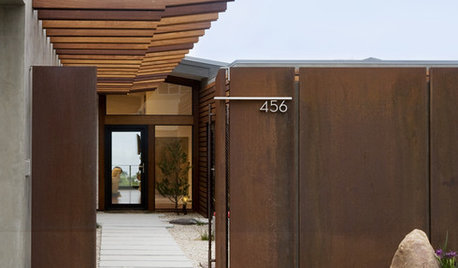
MOST POPULAR8 Things Successful Architects and Designers Do
Good architects tell a story and engage the senses. They understand the rules — and know when to break them
Full Story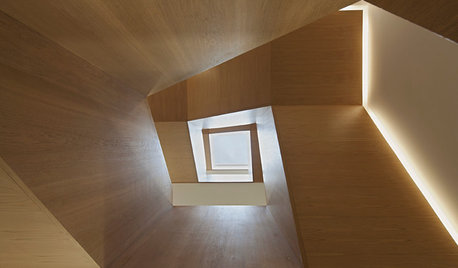
DESIGN PRACTICEDesign Practice: Start-up Costs for Architects and Designers
How much cash does it take to open a design company? When you use free tools and services, it’s less than you might think
Full Story
ARCHITECTUREArchitect's Toolbox: Solar-Powered Design
See how your home's design can take advantage of the sun's natural energy all year
Full Story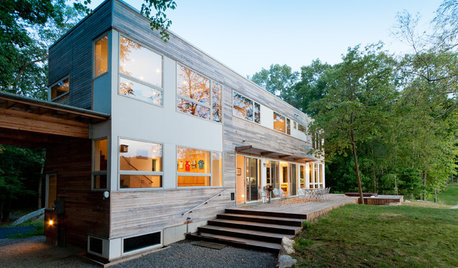
REMODELING GUIDESHow to Work With an Architect
Architects blend beauty, function and structural integrity into a breathtaking package. Here's how to get the most from your collaboration
Full Story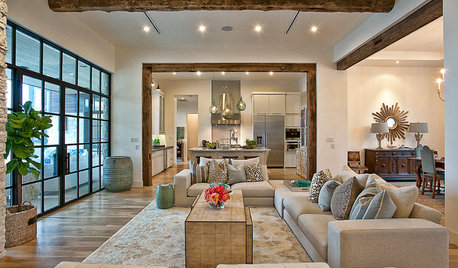
WORKING WITH PROSHow to Hire the Right Architect
Your perfect match is out there. Here’s how to find good candidates — and what to ask at that first interview
Full Story
ARCHITECTUREThink Like an Architect: Know Your Homesite for a Great Design
Learn how to approach a building site the way professionals do — considering everything in sight
Full Story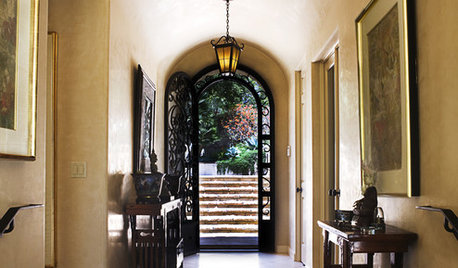
ARCHITECTUREThink Like an Architect: How to Work With a Design Wish List
Build the home of your dreams by learning how to best communicate your vision to your architect
Full Story
THE ART OF ARCHITECTUREToys to Inspire Budding Architects and Designers
Frank Lloyd Wright’s blocks, cards by Eames and more toys from around the globe tap into kids’ imaginations and build skills
Full Story
ARCHITECTUREDutch Architects Balance the Familiar and the Avant-Garde
Peek inside a 2013 book to see bold new designs for modern living that never forget those living there
Full Story









User